Discovering literary classics can be an enlightening journey, offering timeless insights and profound narratives. While many classics are well-known, there are numerous overlooked gems that deserve just as much recognition. These underappreciated works capture unique perspectives, rich storytelling, and the essence of their times. In this article, we explore the top 9 overlooked literary classics everyone should read, each offering a distinctive and enriching experience for avid readers and newcomers alike. Dive in and uncover the hidden treasures of the literary world.
The Bitter Tea of General Yen by Grace Zaring Stone
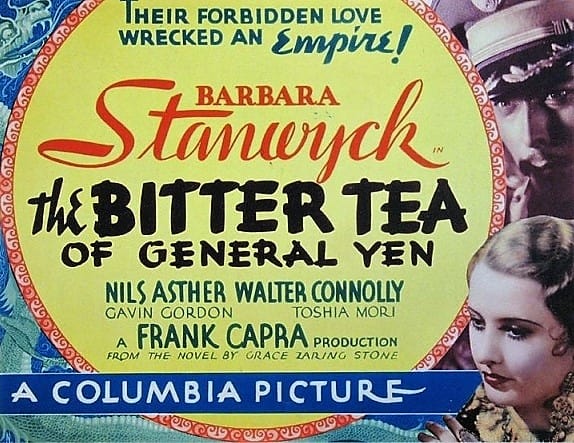
Grace Zaring Stone’s “The Bitter Tea of General Yen” is a thought-provoking novel set in 1920s China, examining the clash of cultures and ideologies through the interactions of American missionary Megan Davis and the enigmatic General Yen. The novel delves into themes of tradition versus progress, and the complexities of human relationships in a rapidly changing world. Stone’s evocative prose and keen insights into cultural conflicts provide a rich and engaging reading experience. Despite its literary quality and adaptation into a film by Frank Capra, the novel remains largely unknown, deserving recognition for its nuanced portrayal of cross-cultural dynamics and personal transformation.
The Ballad of the White Horse by G.K. Chesterton
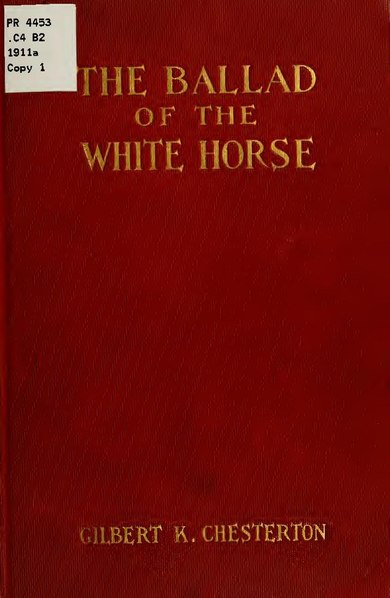
G.K. Chesterton’s “The Ballad of the White Horse” is an epic poem that recounts the legendary exploits of King Alfred the Great as he defends Britain against the invading Danes. Chesterton’s accessible language and vivid imagery bring to life the heroism and moral struggles of Alfred and his companions. The poem’s blend of historical fact and myth, along with its exploration of themes such as faith, courage, and perseverance, make it a compelling read. Despite Chesterton’s reputation as a difficult author, this poem stands out for its clarity and engaging narrative. It remains an underrated work that offers a unique perspective on English history and legend.
“The Book of Ebenezer Le Page” by G.B. Edwards
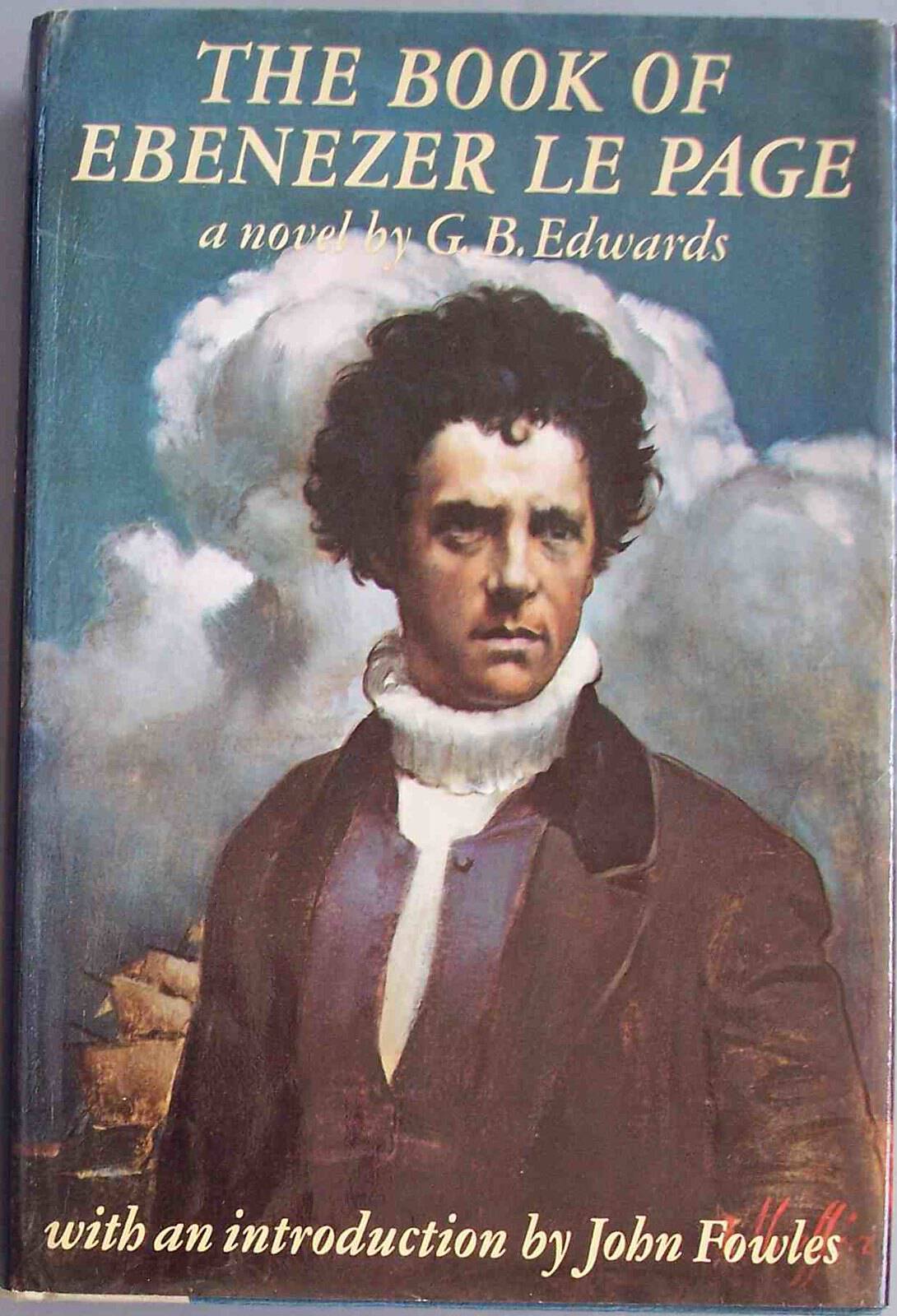
Set on the Channel Island of Guernsey, this novel chronicles the life of its titular character, Ebenezer Le Page. Through his eyes, readers experience the island’s history and the personal stories of its inhabitants. The book’s intimate portrayal of life, love, and loss, along with its rich depiction of local culture, provides a captivating reading experience. Edwards’ posthumously published work is a testament to the power of storytelling and the preservation of memory.
“The Ragged Trousered Philanthropists” by Robert Tressell
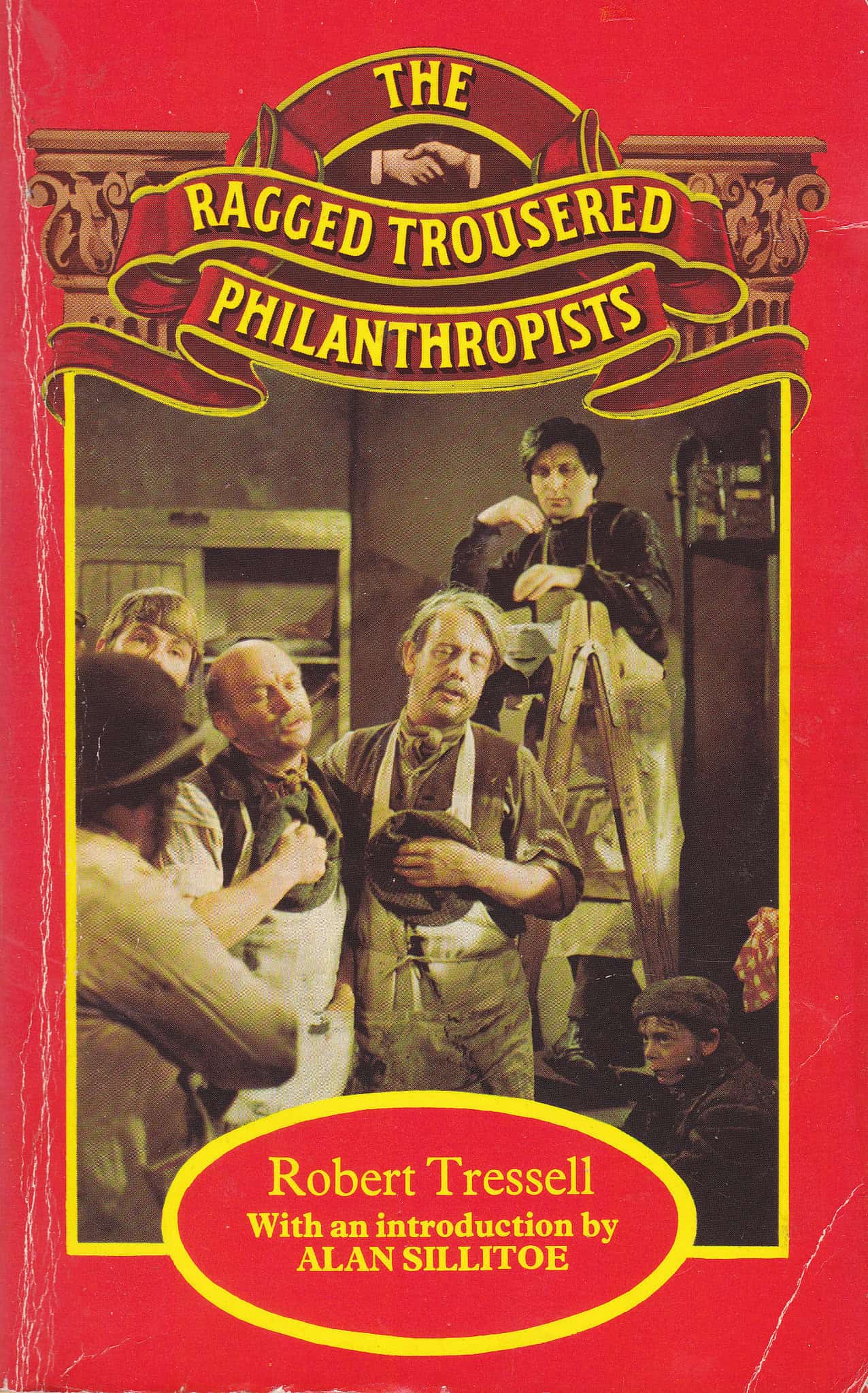
An impassioned critique of Edwardian England’s class inequalities, this novel follows a group of painters and decorators struggling against systemic exploitation. Tressell’s work is notable for its socialist themes and detailed portrayal of working-class life. The novel’s enduring relevance in discussions of labor rights and social justice underscores its importance as a classic.
“The Water Babies” by Charles Kingsley
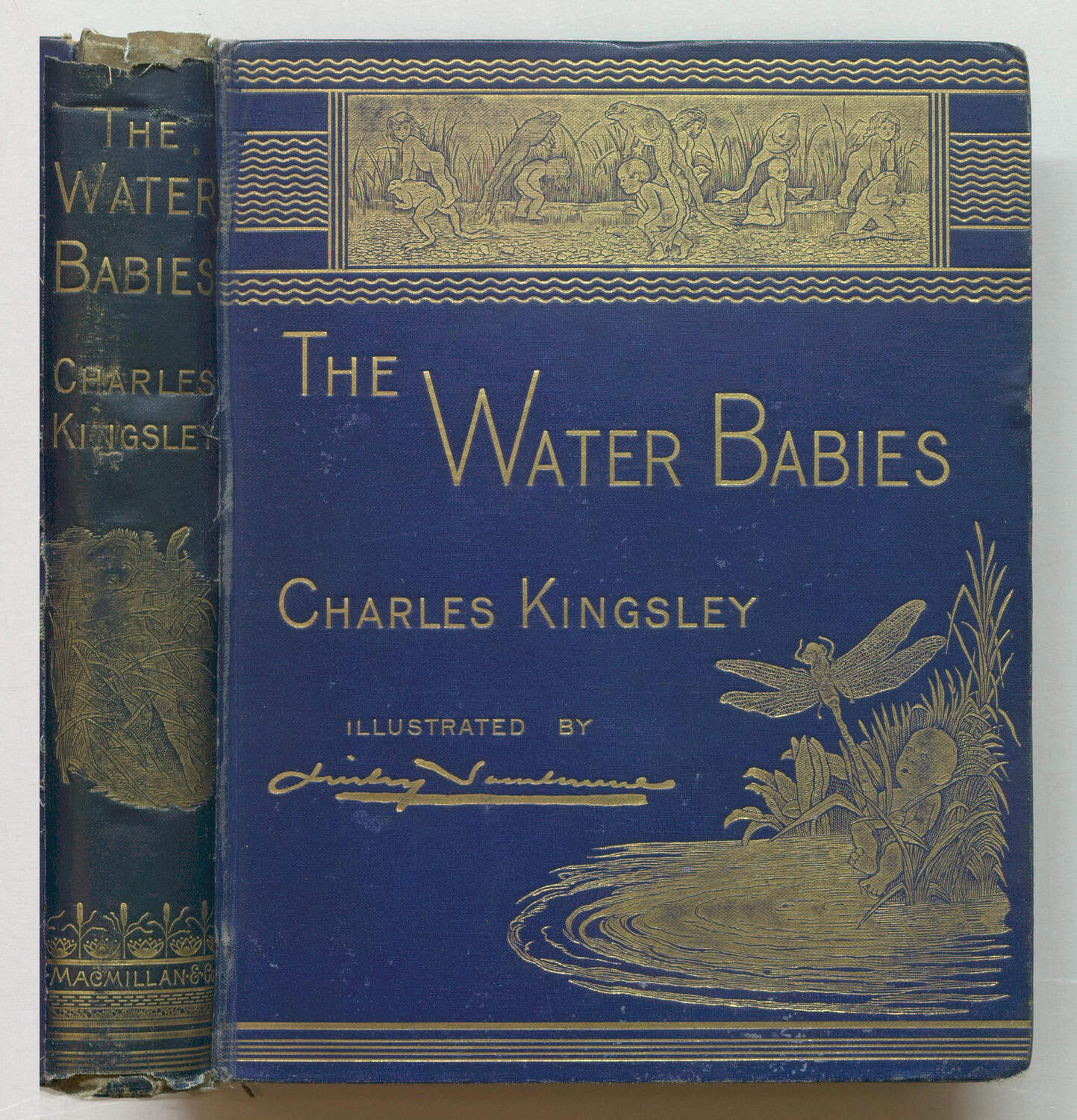
This Victorian fairy tale follows the adventures of a young chimney sweep who is transformed into a water baby. Kingsley’s narrative weaves together fantasy, morality, and social criticism, addressing issues like child labor and environmentalism. Despite its age, the story’s imaginative charm and ethical reflections continue to captivate readers of all ages.
“Captain Blood” by Rafael Sabatini
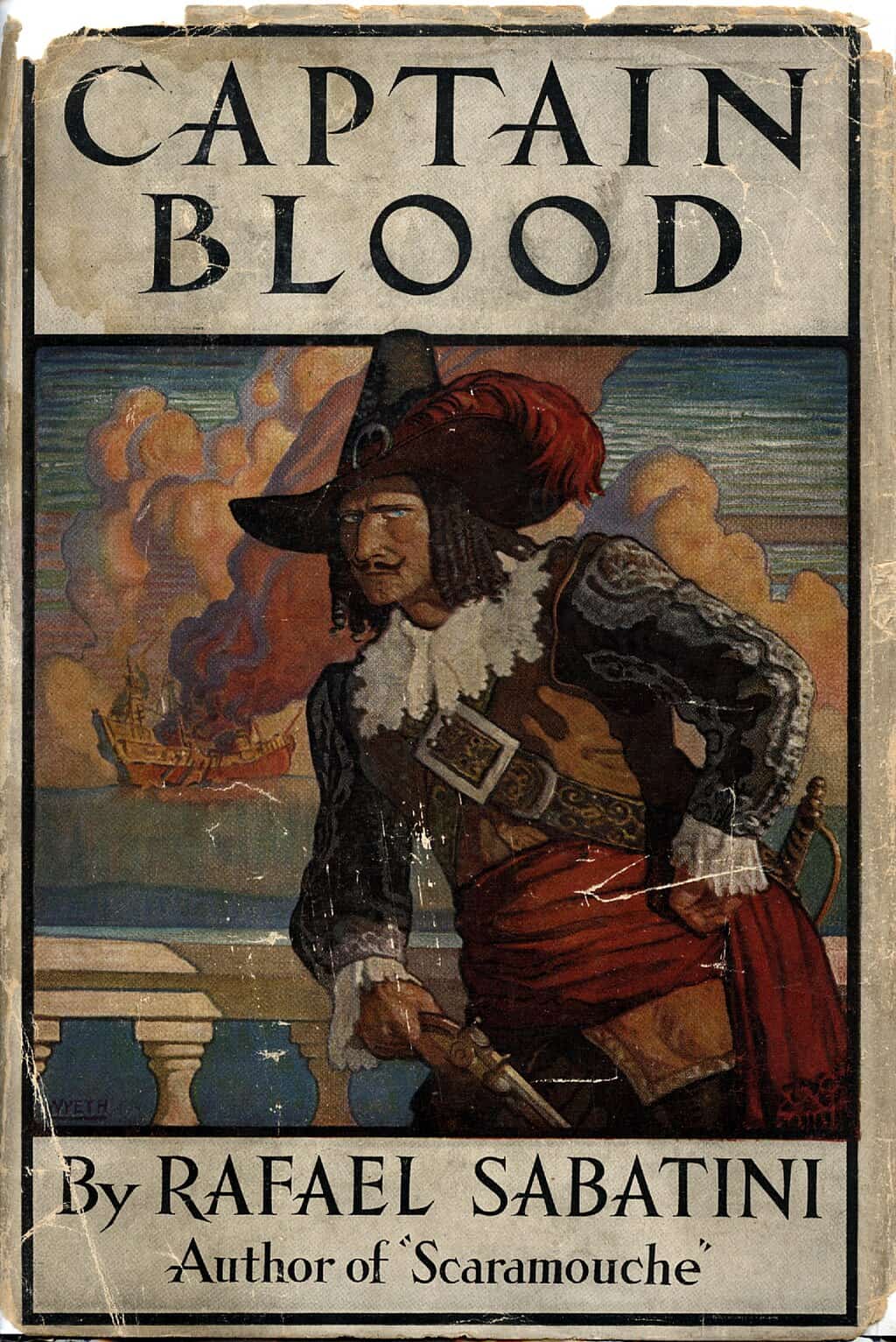
This swashbuckling adventure follows Peter Blood, a physician turned pirate, as he seeks justice and freedom. Sabatini’s masterful blend of historical fiction and action-packed narrative captures the romance and peril of the high seas. The novel’s exploration of themes like honor, betrayal, and redemption make it a timeless and thrilling read.
“Evelina” by Fanny Burney
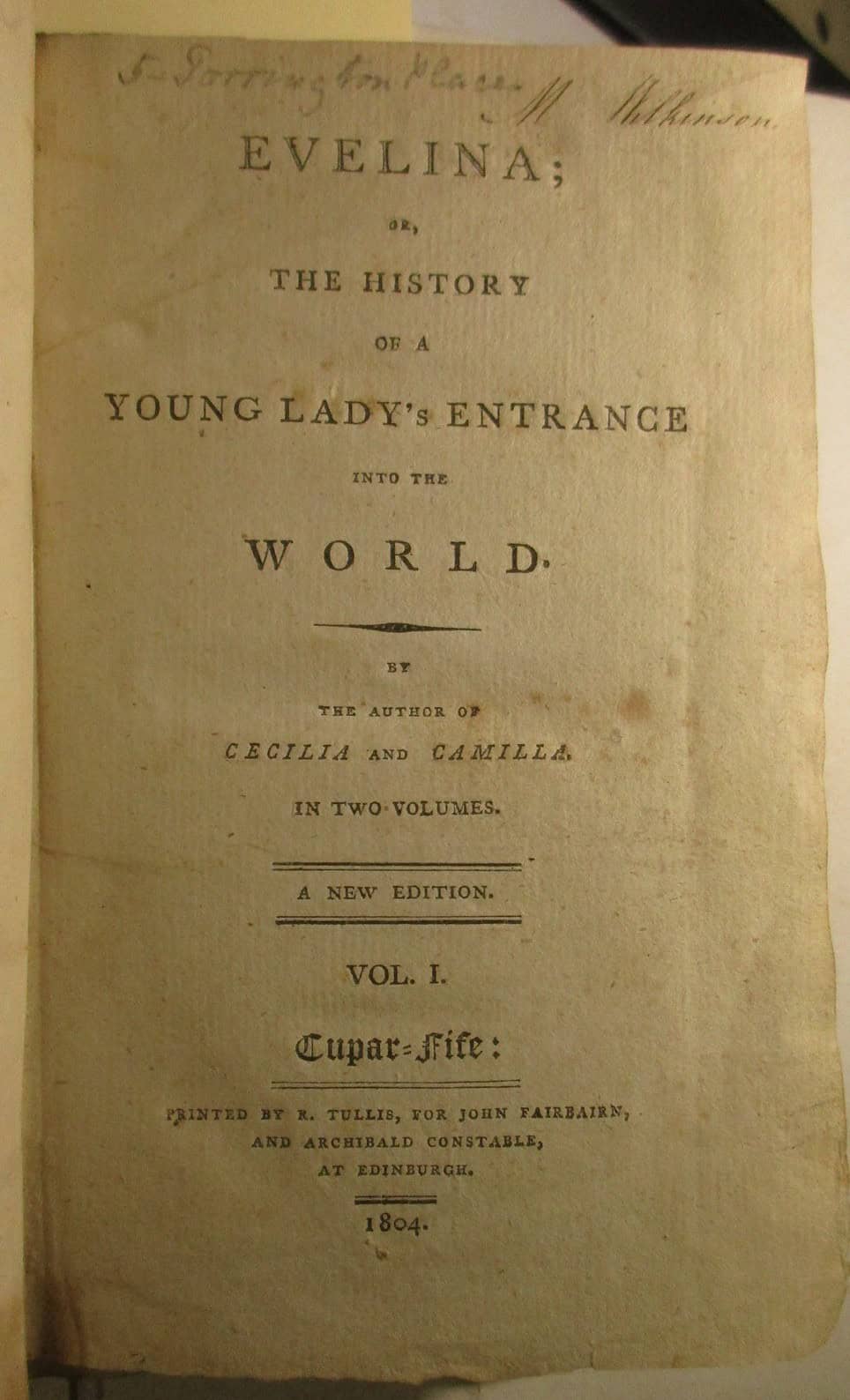
Written in the form of letters, this 18th-century novel chronicles the social and romantic misadventures of Evelina Anville. Burney’s sharp wit and keen observations of society provide a humorous and insightful commentary on the challenges faced by women in a male-dominated world. The novel’s influence on later writers, including Jane Austen, underscores its literary significance.
“Dead Souls” by Nikolai Gogol
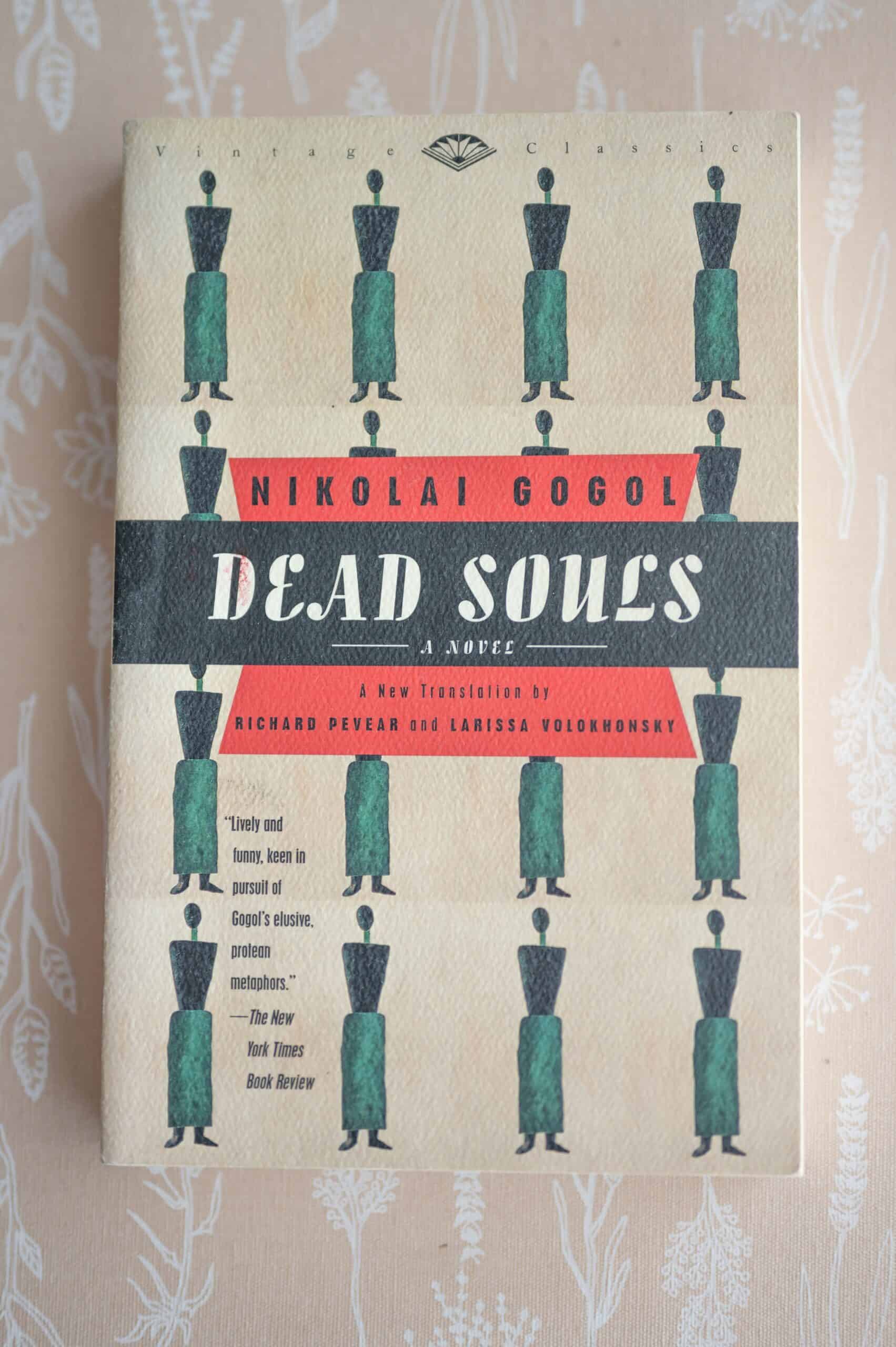
This Russian classic offers a satirical portrayal of 19th-century society through the misadventures of Pavel Chichikov, who purchases deceased serfs from landowners. Gogol’s humorous and critical examination of greed, corruption, and bureaucracy provides a timeless critique of societal flaws. The novel’s unique narrative and vivid characterizations ensure its place as a literary masterpiece.
“The Good Soldier” by Ford Madox Ford
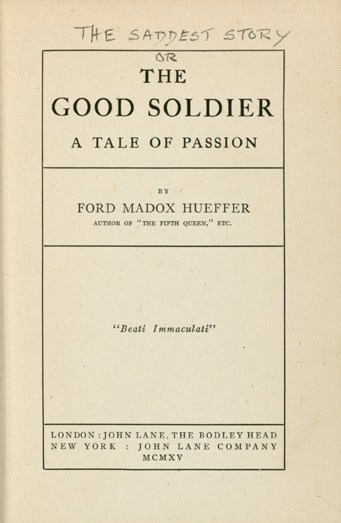
A tale of passion, deceit, and tragedy, this novel follows the intertwined lives of two couples in pre-World War I Europe. Ford’s innovative narrative structure and unreliable narration create a deeply engaging and thought-provoking story. The novel’s exploration of moral ambiguity and human frailty cements its status as a modernist classic.
This article originally appeared on Rarest.org.
More from Rarest.org
15 Wealthiest Suburbs in America
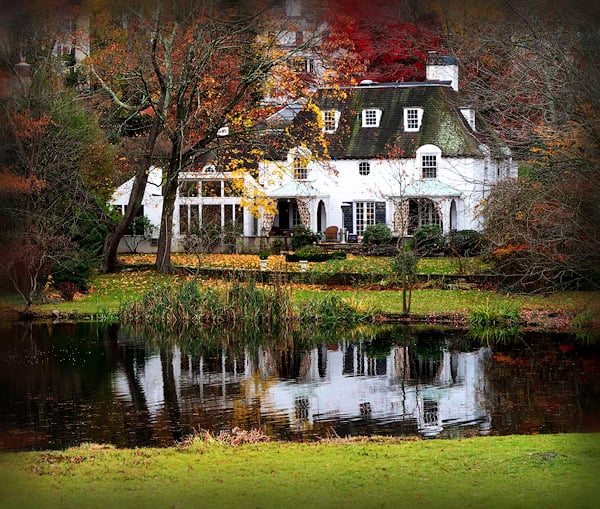
Americaâs wealthiest suburbs offer unparalleled luxury and convenience. These neighborhoods attract affluent residents with their exclusive amenities and scenic beauty. Read more.
19 Rare Comic Book Characters You`ve Probably Never Heard Of
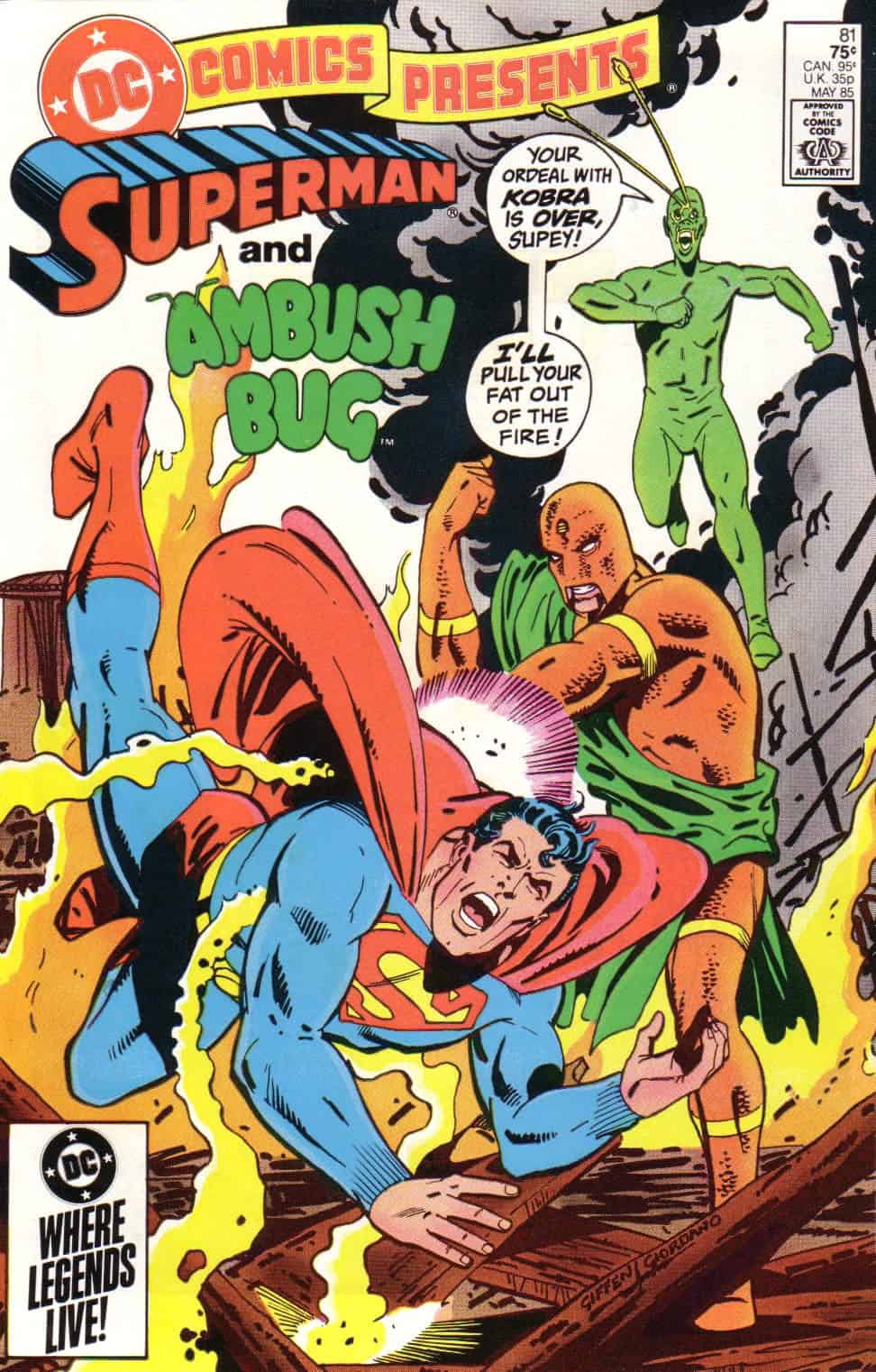
Comic book worlds are filled with fascinating characters, some of which remain less known. Here, we dive into a selection of rare comic book characters. Read more.
16 Exclusive High-Fashion Brands for Men

Men’s high-fashion brands offer a blend of luxury, innovation, and timeless style. Each brand brings unique elements to men’s fashion, setting trends and redefining elegance. Read more.
